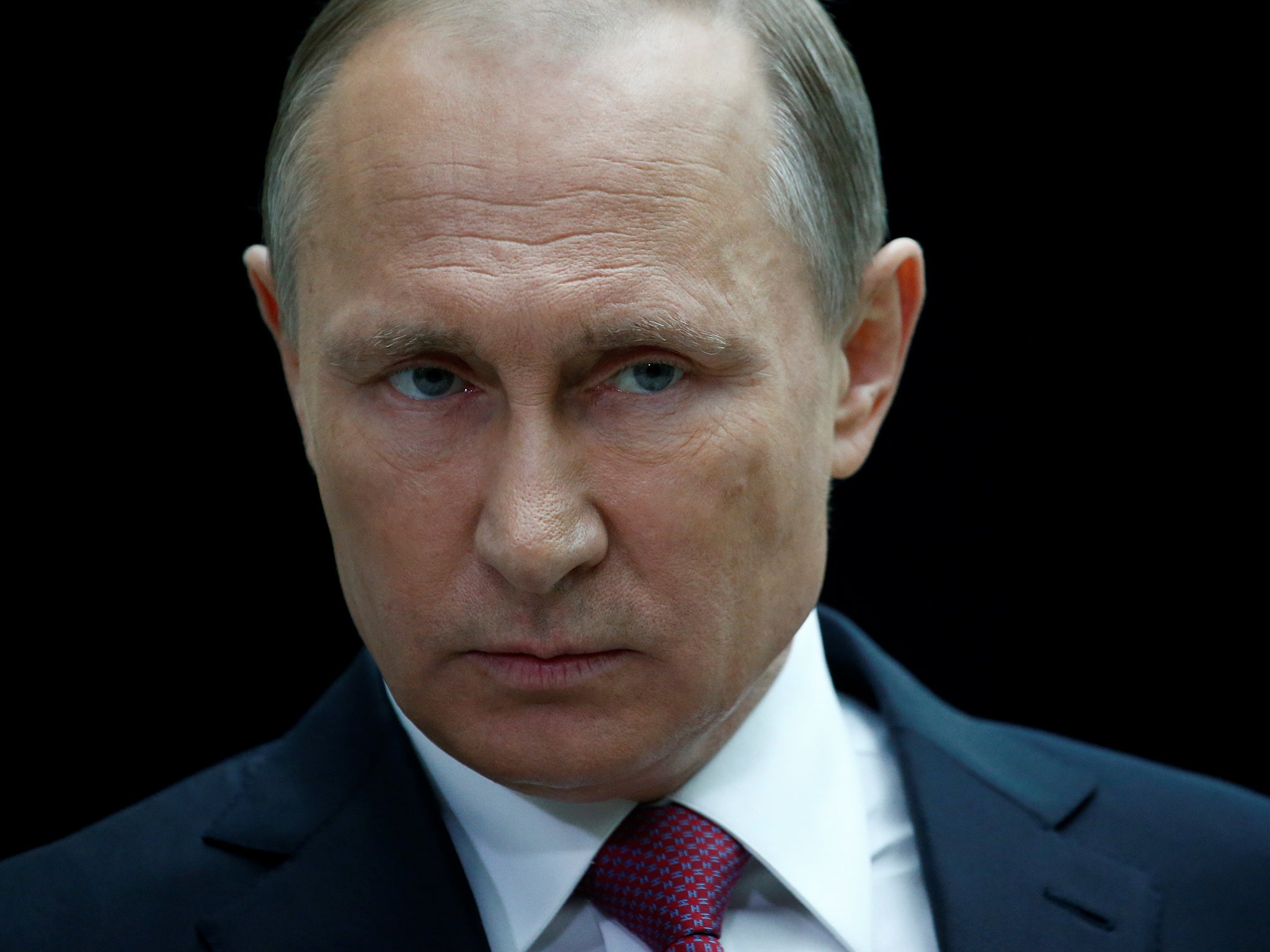Britain must be prepared to fight cyber-wars against Russian 'mayhem', says former GCHQ chief
'Ultimately people will have to push back against Russian state activity and show that it's unacceptable'

Britain must be ready to fight cyber-wars against the “mayhem” coming from Russia, the former head of GCHQ has warned ministers.
The Government will have to “push back against Russian state activity”, in the same tough way as the leaders of Germany and France have promised, Robert Hannigan said.
Asked if Russia is a threat to Britain’s democratic process, he replied: “Yes, there is a disproportionate amount of mayhem in cyberspace coming from Russia, from state activity.
“President Macron and Angela Merkel have called this out recently – attacks on major democratic institutions right through major organised cyber-criminal groups, many of which are based in Russia.”
Mr Hannigan added: “Starting to talk about it is good - calling it out. Improving our defences is obviously really important.
“But ultimately people will have to push back against Russian state activity and show that it's unacceptable.”
Asked, on BBC Radio Four’s Today programme, how this could be done, he said: “It doesn't have to be done by cyber retaliation but it may be that that is necessary at some time in the future.
“It may be sanctions and other measures, just to put down some red lines and say that this behaviour is unacceptable.”
The warning steps up an alert issued by Whitehall officials last year, when they acknowledged that Russia is waging a campaign of propaganda and unconventional warfare against Britain.
Moscow has been blamed for concerted attempts to undermine the UK through fake espionage, misinformation, cyber attacks and fake news.
The operations are thought to be part of a broader drive by the Putin regime to destabilise the West.
Sir Michael Fallon, the Defence Secretary, has admitted the UK and its Nato allies must now compete on the cyber battlefield as much as they do in conventional air, land and sea warfare.
Earlier this year, he said Britain was doubling its investment on defensive and offensive cyber warfare to £1.9bn.
However, the Commons Public Accounts Committee (PAC) said such efforts were being undermined by skills shortages and a chaotic lack of organisation.
The Government needed to “raise its game”, it said in a pre-election report, arguing the handling of personal data breaches did not “inspire confidence in its ability to take swift, coordinated and effective action in the face of higher-threat attacks”.
Join our commenting forum
Join thought-provoking conversations, follow other Independent readers and see their replies
Comments